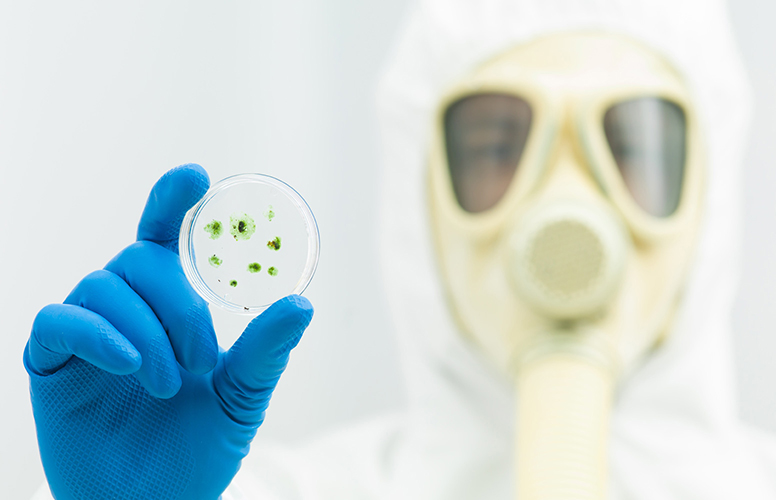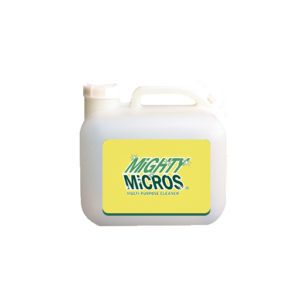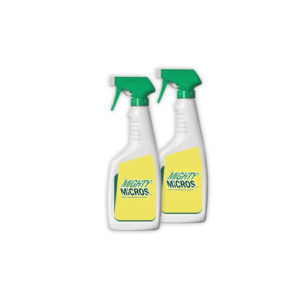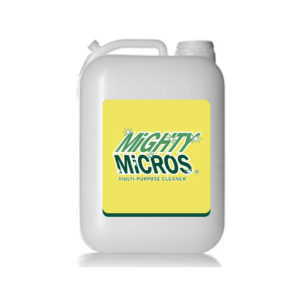Mold Basics

Mold spores are the reproductive part of mold or fungus that cause allergic reactions. Molds feed off decomposing plant and animal matter and grows by producing filament-like clusters.
Mold and fungi reproduce by giving off huge numbers of mold spores into the air, similar to plants releasing pollen.
When airborne mold spores settle on organic matter, new mold clusters are grown. When mold spores are inhaled, they may trigger an allergic reaction.
AVOID CUMULATIVE MOLD ALLERGEN EXPOSURES
Exposure to mold can lead to asthma attacks, eye and skin irrations and allergic reactions. It can lead to severe infections in people with weakened immune systems.
Mold allergy symptoms may grow more severe with each successive allergen exposure. Like stacking blocks, one too many blocks causes the whole stack to topple triggering an allergy flare-up. It is important to reduce your exposure to airborne allergens, food allergens and animal allergens. Allergies can lead to asthma, especially in children, causing permanent lung damage. Fortunately, information about allergies and allergy control products can help people with mold allergies live normal lives.
What our customers say
After several months of using this product, our students were less likely to report to the nurse’s office with asthma issues or respiratory problems. We have used it liberally throughout the school and the odors have begun to disappear.
In the eight months since I introduced my allergy patients to the organic enzyme-based products manufactured by Bio-Science, I have observed impressive improvement in their allergic conditions.
"After months of using this product, our students were less likely to report to the nurse's office with asthma issues or respiratory problems. We have used it liberally throughout the school and the odors have begun to disappear."



